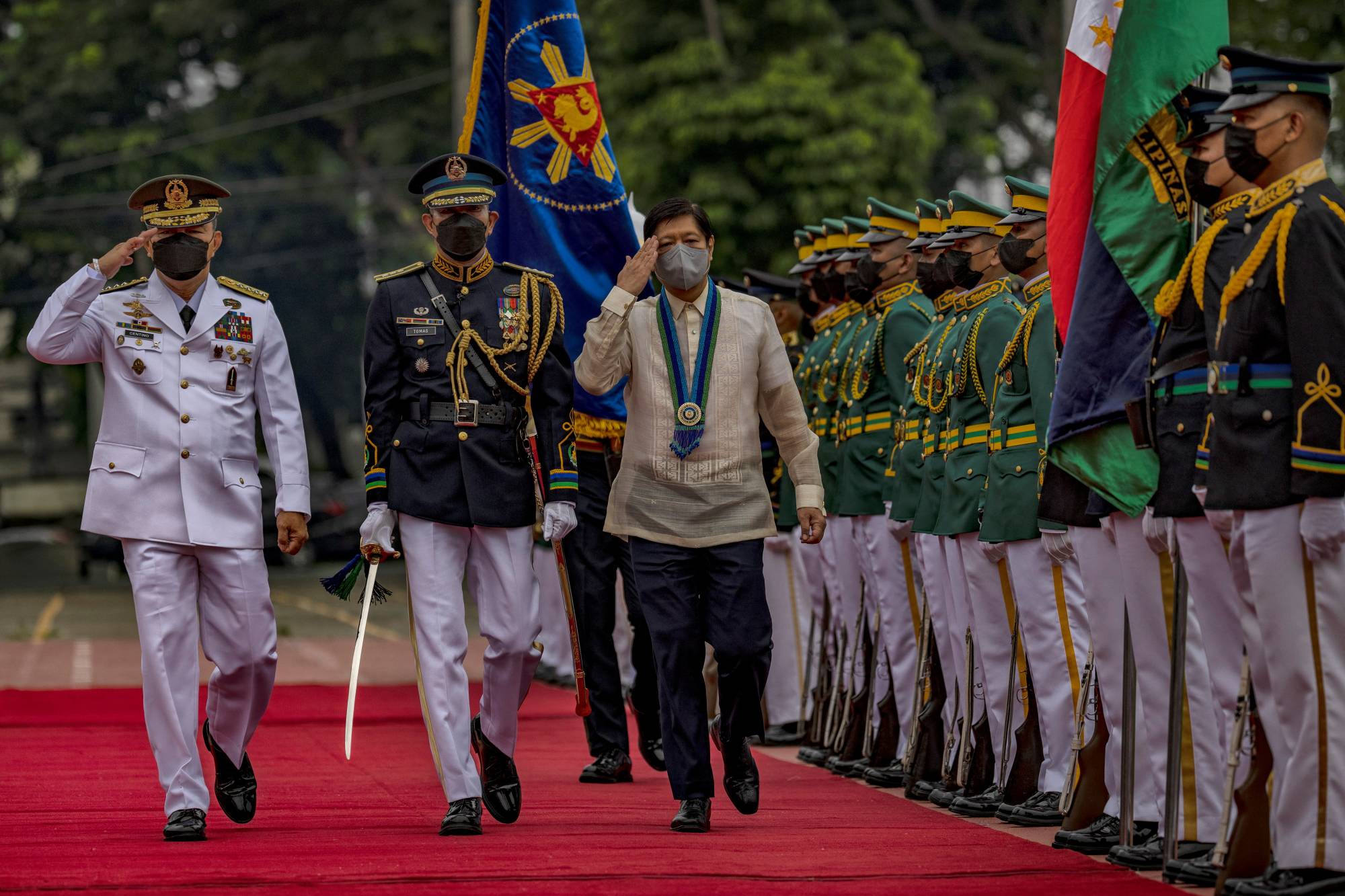What a difference a few months can make in geopolitics.
On the surface, Philippine President Ferdinand Marcos Jr. has continued his predecessor’s China policy. Right before declaring his candidacy for the presidency last year, the sole son of the late Filipino strongman openly backed outgoing President Rodrigo Duterte’s strategic subservience to Beijing, since “whatever we do, we can’t go to war.”
Once in power, Marcos has described China as his country’s “strongest partner” for post-pandemic economic recovery and, most recently, praised the Asian powerhouse as a “dependable partner” in infrastructure development. During a meeting with Chinese Foreign Minister Wang Yi, the new Filipino president vowed to continue his predecessor’s China policy in order to usher in a “new golden era” of bilateral relations.

















With your current subscription plan you can comment on stories. However, before writing your first comment, please create a display name in the Profile section of your subscriber account page.